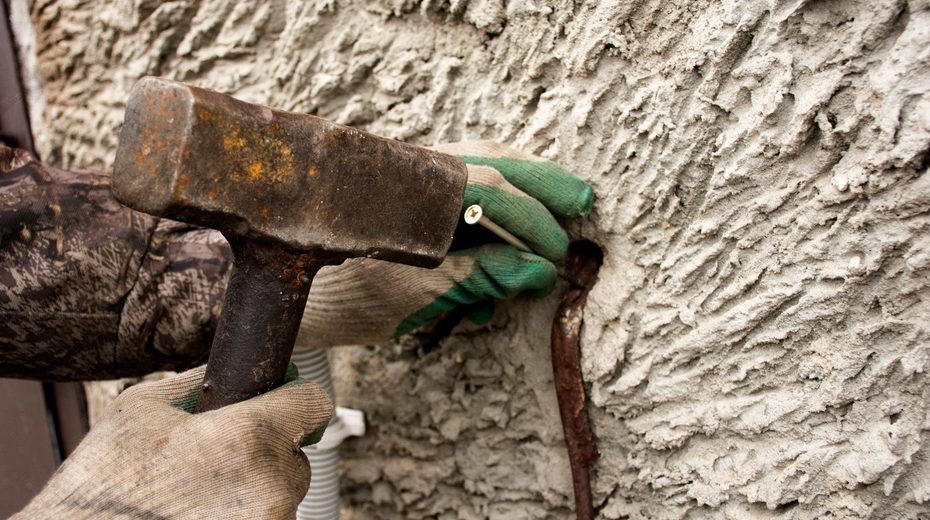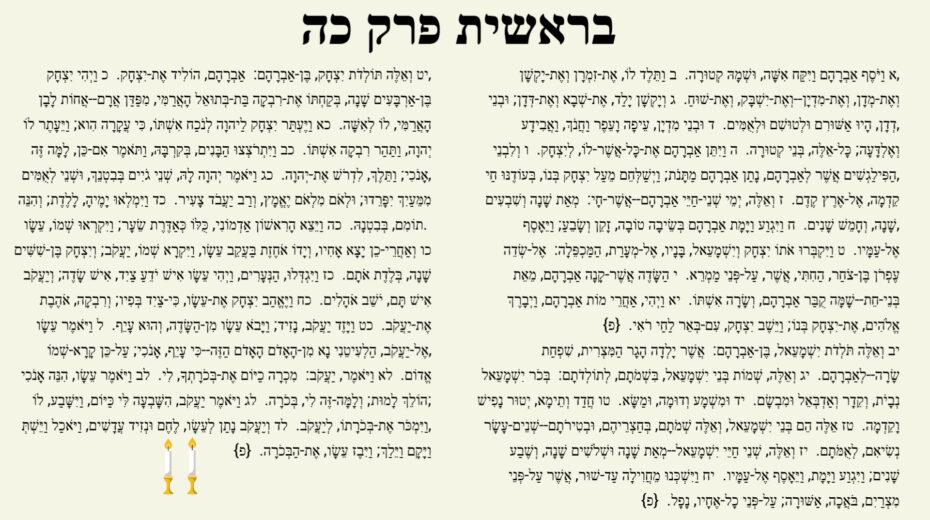Numbers 20:11
For years I have been thinking about the severe punishment that Moses received for striking the rock rather than talking to it. What did he do that was so bad, I keep asking myself? I could never understand why for what appeared to be a minor sin, he received such a heavy punishment. Then this week I finally understood!
This is a critical occurrence in the history of the people’s journey through the desert on their way to the land of Canaan. Beloved Miriam, who cared about singing joyfully and raising the morale of the people, is dead. The people bury her in the desert and grieve over her and immediately afterwards continue on their way. But right after her death, the water dried up. The water, which represented life, had dried up, and the people went crazy with rage.
Moses and Aaron in desperation turn to God. They beg for water, and God instructs them to talk to the rock and living waters will come out of it!
But how to get water out of such a hard, dry rock? According to God’s response, the hard place, the hard rock, can be softened with words.
With the help of speech and good words there emerged from the rigid rock a kind of refreshing and quasi-clear water. But Moses is not a man of words. This is his main complaint from the time that he is crowned leader: “I am not a man of words!”
Moses is a man who knows how to wield the staff and through it to bring about miracles and changes. And that’s exactly how he operates here. By means of the staff, in pain and strength came forth water. But, as we call it, it’s painful water, bitter water, fighting water.
The staff is a tool used to deliver blows; it hurts. By use of his staff, Egypt was beaten ten times with plagues.
This Parasha (weekly Torah reading) is actually speaking of two things, of life and of death. Life, in this Parasha, is represented by water. With the help of the words to the rock and with the help of faith, the water will return, and in fact, life will come back.
The staff, on the other hand, represents weakness and the need to use force. It symbolizes lack of faith, lack of tenderness and compassion, it symbolizes impenetrability and it represents struggle. And by doing so it continues to injure. And the result is separation from the Promised Land.
This week, a serious incident was reported in the news regarding a well-known therapist who exploited women who came to him to be healed from their pain, and he continued to injure and exploit them in exactly the same painful place. I’ve been following this case, and he is not the only one recently discovered.
I understood what God meant. Speech, the good words with which God created the world, they are medicine and they can heal severe wounds and relieve stiffness. They can bring back life from the dead. A good leader with constructive words can heal the wounds of his followers. The staff, on the other hand, only adds pain to what already exists. It continues to wound mercilessly and it creates destruction and death.
According to the story before us, it is clear and understandable that God’s intention is to produce fresh, satisfying water that will provide a good, healthy and peaceful life. Learn to speak in order to bring about healing and to avoid unnecessary blows and pains. With the help of words, God created the entire world and He created it well. Good words are the best tools for healing. And therefore God does not compromise here. He informs Aaron and Moses that they, like the rest of the desert generation, will not enter the Promised Land. They, too, like everyone else, will die in the desert. Moses and Aaron accept their sentence without argument, they very much understood the severity of their sin, its depth and implication, and wanted to demonstrate to the people that they fully accepted their punishment.
They understood then what I understand today. Whoever uses brute force uses his own authority and influence to wound. In the end, he will find himself outside of the good country and outside of the Promised Land. And Moses the great leader, understood the message and accepted the punishment, and for this he is highly honored to this very day.














